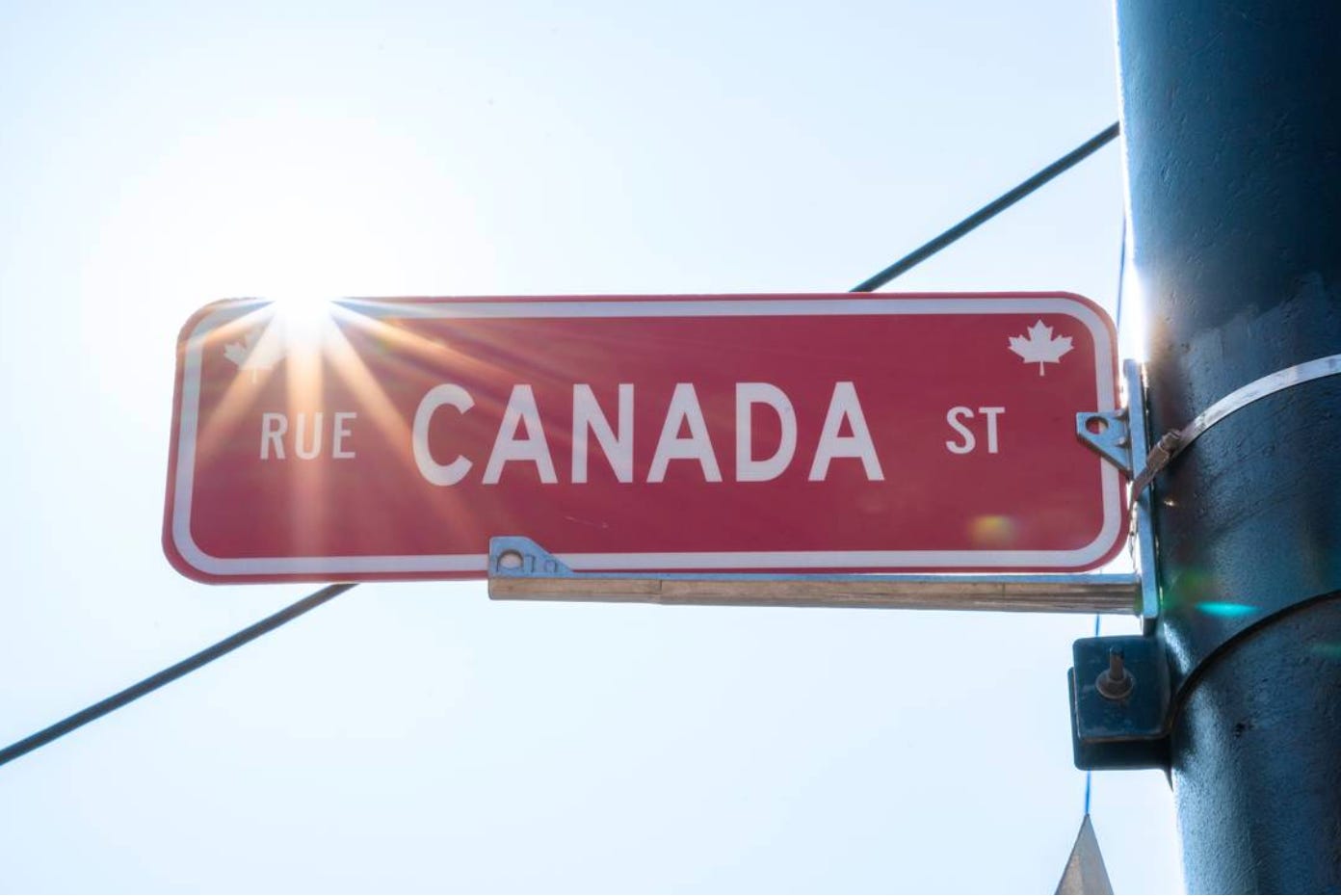Canadians to Vermont: It's Not You, It's Your Border Crossings
Even for those who previously visited Vermont frequently, the message is clear: unless it’s for work, a funeral, or an urgent medical need, the border isn’t worth the risk.
BURLINGTON — In a spirited show of cross-border camaraderie, Burlington has temporarily renamed its famed Church Street to “Canada Street/Rue Canada” in a bid to woo back Canadian tourists who have become increasingly reluctant to travel south since the return of President Donald Trump to the White House.
Complete with bilingual signage and an official ceremony, the name change — which will remain in effect through September 1 — is a strategic appeal from Vermont’s largest city to its northern neighbors, whose visits have long formed the economic lifeblood of the region.
“We want Canadians to know they’re still welcome here — deeply welcome,” said Burlington City Councillor Becca Brown McKnight.
A Sharp Decline in Cross-Border Travel
The numbers underscore the urgency. According to Vermont’s Agency of Commerce and Community Development, about 581,000 Canadians visited Vermont from January through May 2025, a 23% drop from the same period in 2024. Even more striking, Canadian credit card spending in Vermont plummeted 41% in the first five months of the year compared to 2024 levels.
In June alone, Quebec travel to the U.S. dropped 43% year-over-year, according to figures cited in the Montreal Gazette. For a city like Burlington, where Canadian visitors account for roughly 15% of downtown consumer spending, the stakes are high.
“More Canadians come to Vermont each year than the number of people who actually live here,” McKnight noted, underscoring the outsized role Canadian tourism plays in the state’s economy.
A Cold Shoulder at the Border
But as Vermont businesses roll out the red carpet, many Canadians say they’re not crossing it — literally.
While the "Rue Canada" campaign has received some warm praise from Quebecers online, it has also brought renewed attention to a less welcoming part of the travel experience: the U.S. border crossing itself.
"I don’t know, man, I’ve had experiences with border agents in many countries. The Americans are by far the worst," wrote one frustrated traveler on social media.
Others voiced more serious concerns, particularly about inconsistent — and at times hostile — treatment at the border. One Canadian commenter in the Gazette recounted how their father, a proud Canadian citizen and longtime U.S. property owner, was turned away at the border solely because he was born in Egypt. “He’s now selling all his U.S. properties,” they wrote. “We aren’t stepping foot there again.”
Still others described vacation plans upended and questions asked at the crossing that veered into political territory.
“One family I know had a two-week vacation ruined because they didn’t answer questions acceptably regarding Trump and his tariffs,” read another comment.
For francophone travelers, there’s also growing discomfort over whether speaking French at the border has become, unfairly, a liability. “No one in Rome would be offended that you don’t speak Italian,” one person wrote. “Why should Quebecers feel afraid to speak French crossing into Vermont?”
Local Frustration, Global Implications
These experiences are taking their toll — not only on Canada-U.S. relations but on families with deep personal ties across the border.
“Unfortunately, my brother has a home on the other side of the border, but I don't think I'll be visiting anytime soon,” said one commenter.
Even for those who previously visited Vermont frequently, the message is clear: unless it’s for work, a funeral, or an urgent medical need, the border isn’t worth the risk.
“I very much doubt we're going to be better buddies anytime soon,” said another. “Not going for the next four years. Going to Mexico instead.”
Vermont Tries to Bridge the Divide
Despite the growing chill in bilateral travel, Burlington and many Vermont communities are doing what they can to maintain the warmth.
City leaders say the temporary street renaming is just one piece of a broader campaign to reassure Canadians that, whatever’s happening in Washington, the door in Vermont remains open.
McKnight, who spent her honeymoon in Montreal and regularly travels to Quebec, said she understands the reluctance but hopes Vermonters’ hospitality will win out.
“We hear less French on the street these days,” she said. “That’s something we feel. We miss our neighbors.”
Whether symbolic gestures like Rue Canada can overcome the real-world obstacles at the border remains to be seen. But in Vermont, the welcome mat is out — in both English and French.


